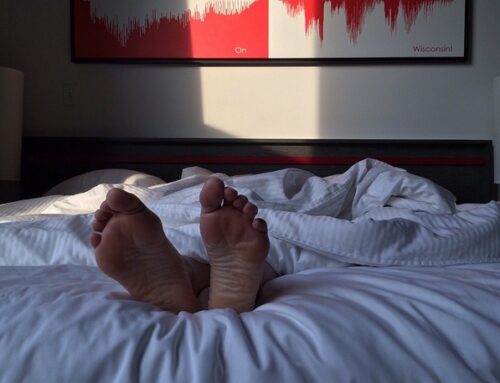Did you know that dentists can help improve your sleep? That’s right! Dentists have a unique ability to identify and treat snoring and sleep apnea. We know that when it comes to overall health and wellness, it is important to have adequate nutrition, regular physical activity, mental well-being and a good night’s rest. Let’s take a look at some common sleep disorders that might impact your health and well-being.
Snoring
The most common form of disruption at night is snoring, which occurs when the flow of air through your mouth and nose is obstructed. Habitual snorers run the risk of obstructive sleep apnea, heart disease and hypertension. If your snoring is also accompanied by daytime sleepiness, morning headaches, unrefreshing sleep or frequent urination throughout the night, it may be an indication that your snoring is affecting your quality of sleep.
Insomnia
Characterized by the inability to initiate sleep, insomnia might seem like a mild disorder, but it can go on to become an unbearable one. If you suffer from insomnia you might experience acute anxiety, dizziness and hypertension. It is important to seek treatment for insomnia in its early stages to prevent further complications. Some treatment options might include sleep hygiene, relaxation therapy, control of stimuli and sleep restriction.
Restless leg syndrome
This condition is usually worse during the evenings and is accompanied by uncomfortable sensations like itching, gnawing or creepy-crawling. As a result, this can cause sleep initiation insomnia in some sufferers. It is also associated with another disorder called periodic limb movement disorder of sleep. Your bed partner may notice frequent leg movements throughout the night, and while they might be small and unnoticeable, it can be highly detrimental to your sleep quality.
Contact us to learn more about sleep disorders and how we might be able to help you find relief.







